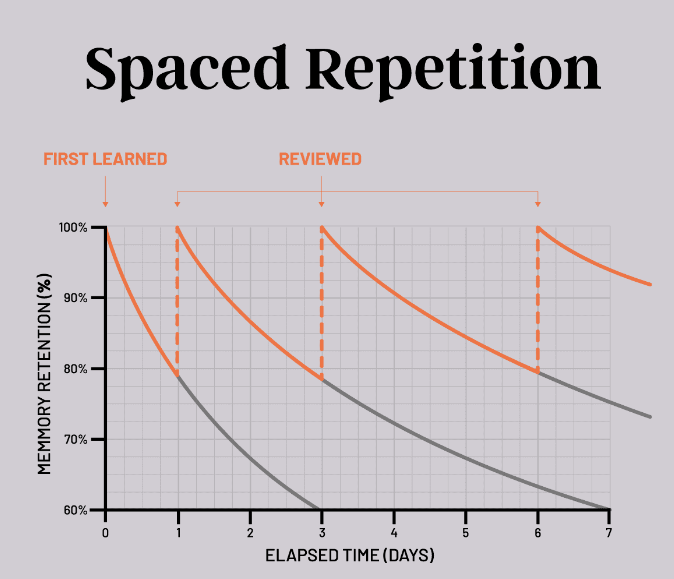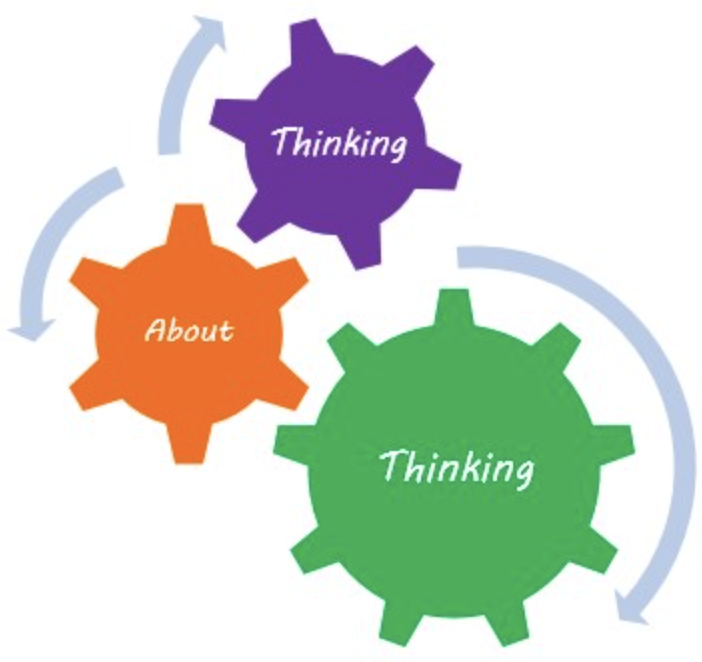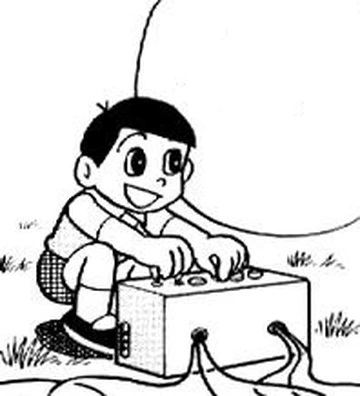Lặp lại ngắt quãng - Spaced Repetition
Tue, 27 Aug 2024

Follow the stories of academics and their research expeditions

Ever wish you could think more clearly, solve problems faster, or make better decisions? It's not just about being born smart – thinking skills can be learned and improved through practice. Just like exercising your body, you can train your brain to become a sharper, more efficient machine. And the secret lies in building the right habits.
Why Habits Matter for Thinking
Our brains are wired to form habits. These are automatic behaviors that we perform without much conscious effort. They free up our minds to focus on more complex tasks. While we often associate habits with physical actions like brushing our teeth or making coffee, they also apply to our thought processes.
The way we think is influenced by our habits. If we tend to jump to conclusions or make assumptions, these can become ingrained patterns that hinder our ability to think critically and creatively. By intentionally building habits that promote clear thinking, we can rewire our brains and unlock our full cognitive potential.
Key Thinking Habits to Cultivate
Question Everything: Don't just accept information at face value. Ask questions, challenge assumptions, and seek evidence. This habit encourages critical thinking and helps you avoid falling for misinformation.
Seek Diverse Perspectives: Expose yourself to different viewpoints and opinions. This broadens your understanding of complex issues and helps you make more informed decisions.
Practice Active Listening: When engaging in conversations, actively listen to what others are saying. Pay attention to their words, body language, and underlying emotions. This helps you understand their perspective and communicate more effectively.
Read Widely: Reading books, articles, and other materials from various sources exposes you to different ideas and ways of thinking. It also helps you build your vocabulary and improve your comprehension skills.
Solve Puzzles and Brain Teasers: Engage in activities that challenge your brain, such as puzzles, riddles, and logic problems. This helps keep your mind sharp and strengthens your problem-solving abilities.
Reflect Regularly: Take time each day to reflect on your thoughts, feelings, and experiences. This can help you gain insights into your own biases and patterns of thinking, leading to greater self-awareness.
Embrace Failure: Don't be afraid to make mistakes. View them as opportunities for learning and growth. A willingness to fail can open up new avenues for exploration and discovery.
How to Build Thinking Habits
Building new habits takes time and effort. Here are some tips to get you started:
Ihabital: Your Thinking Habit Partner
Ihabital can be a valuable tool in your journey to build better thinking habits. Our platform allows you to:
Conclusion
By building the right habits, you can train your brain to think more clearly, creatively, and effectively. It's not about becoming a genius overnight; it's about making small, consistent changes that will lead to lasting improvements in your cognitive abilities. With dedication and the right tools like Ihabital, you can unlock your full intellectual potential
Tue, 27 Aug 2024

Tue, 27 Aug 2024

Mon, 26 Aug 2024

Leave a comment